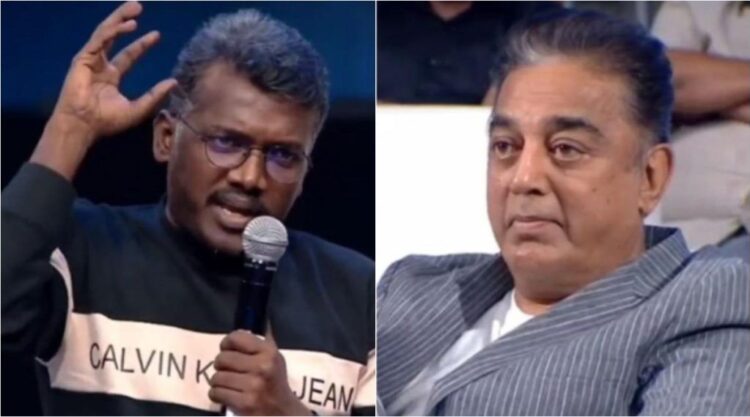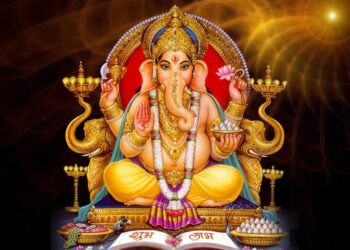At the audio launch event of his upcoming film “Maamannan,” Tamil filmmaker Mari Selvaraj made remarks about Kamal Haasan’s film “Thevar Magan” and its impact on him, which sparked a debate on Twitter among supporters of both filmmakers.
Selvaraj addressed his worries regarding the correctness or incorrectness of “Thevar Magan,” which is now recognised as a masterpiece, during the event, which was attended by Kamal Haasan himself. He revealed that, like many other directors, he viewed “Thevar Magan” before producing his own films. However, when he saw it for the first time, he was perplexed, unable to detect the film’s moral perspective.
Selvaraj went on to explain that his film “Maamannan” is a continuation of “Thevar Magan,” drawing inspiration from Vadivelu’s character, Esakki, in the latter. Selvaraj viewed Vadivelu’s Esakki as a “maamannan” (king of kings) and envisioned the story of his film as the transformation of Esakki into a “maamannan.”
“Thevar Magan,” directed by Malayalam director Bharathan, stars Kamal Haasan and Sivaji Ganesan in the key roles. Haasan not only performed in the film but also authored the script and produced it. The narrative centres around Sakthivel Thevar (Haasan) and his father, Periya Thevar (Ganesan), delving into caste politics and rural dominance. While “Thevar Magan” was a huge success, it was also heavily criticised for purportedly glorifying the Thevar community.
After Selvaraj’s speech gained traction on social media, discussions ensued on Twitter, with various individuals expressing their opinions. Supporters aligned with either Selvaraj or Haasan engaged in fervent debates regarding “Thevar Magan” and its significance.
“Maamannan” stars Vadivelu, Udhayanidhi Stalin, Fahadh Faasil, and Keerthy Suresh in lead roles. Like Selvaraj’s previous films, the movie will delve into caste politics as a prominent theme.
Overall, Selvaraj’s speech at the audio launch event generated significant attention online, triggering a Twitter debate as supporters shared their perspectives on both filmmakers and their respective works.













Comments